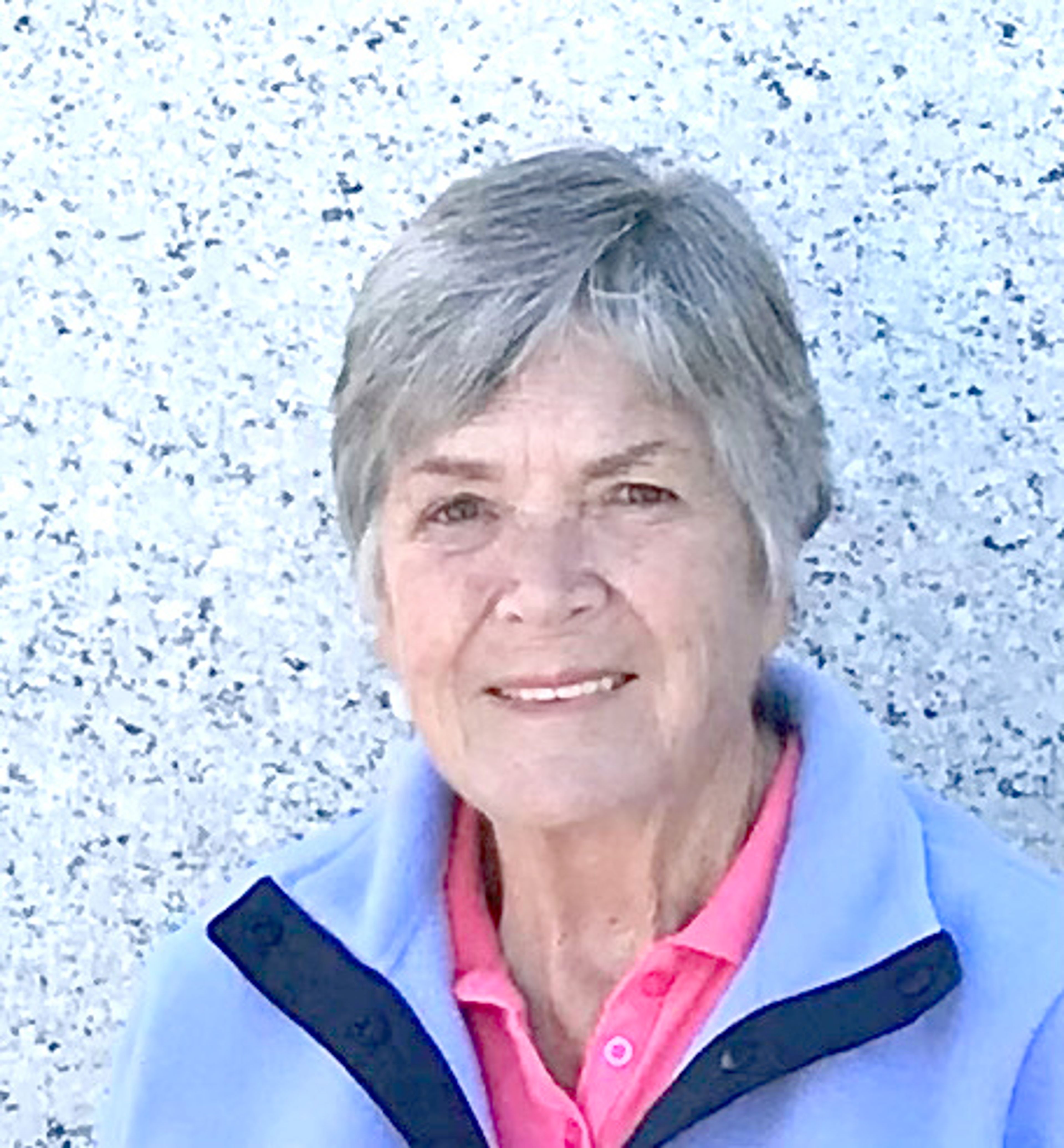OPINION: Evans’ legacy offers many lessons for today’s leaders
Guest Editorial: Another Newspaper’s Opinion
This editorial was published in The Seattle Times.
———
Washington’s political leaders can learn much from Daniel J. Evans, former governor and U.S. senator who died Sept. 20 at 98. To start, they could adopt what became his mantra, crystallized in his third inaugural address as governor: “I would rather cross the aisle than cross the people.”
In a state that has, like the country, grown more deeply divided, collaboration between Democrats and Republicans is all too rare. Compromise is seen as weakness; the opposing party the enemy. The truth is that creating lasting, meaningful legislation means hearing out the disparate voices of all constituents, and those who represent them.
Part of the wonderment at Evans’ expansive and often bipartisan legislative achievements is filtered through the lens of today’s hyperpartisan politics. Washington’s Legislature has become more fractured, with wider ideological divides between parties, as elsewhere in America. Of 49 legislative districts in Washington state, only two have elected members of both parties to the Legislature. The other 47 are either a Democratic sweep or a Republican one.
So perhaps it is naive to think another Daniel J. Evans looms within such a political environment. Still, for sound policy to be crafted and balanced budgets to be written, it takes representatives from all corners of the state to advocate for every Washingtonian. It is ultimately how we can better their lives and sustain our home for future generations. Let’s hope Evans’ pragmatic example can inspire current and future leaders to remember what’s worth fighting for the most.
“We, all of us, are just short-term renters of space on the planet,” he told those gathered in 2017 when the Olympic National Park’s wilderness was named for him.
Problem-solving came naturally to Evans. The Navy veteran and engineer pushed through the state’s vanguard environmental protections, preserved immense amounts of public land, created a new system of community colleges and much more. A Republican who prided himself on “balancing the size of government with the needs of the people,” he created a rainy-day fund and exercised fiscal discipline as the state’s first three-term governor.
“Not much of what we did was really partisan, unless you tried to make it so,” he told former Washington Secretary of State Sam Reed in a 2017 interview. “It was really trying to deal with the problems of the state, educate our children, preserve our resources (and) keep taxes under control.”
He remained a proud Republican but was unafraid to call out extremists in his party — most famously at a party meeting in Port Angeles in 1965. He confronted members of the John Birch Society — conspiracy theorists peddling communist plots, antisemitism and pushing against civil rights — and told them they weren’t welcome in Washington’s GOP.
Former state GOP Chairperson Chris Vance wrote on Post Alley that Evans “reminds us that there was a time when Republican leaders were willing to do battle with extremism.” It’s a battle worth fighting, as Evans’ playbook showed centrism can win at the ballot box.
For Democrats, too, there are lessons from Evans. Even as the party approaches supermajority status in Olympia, its members should maintain an independent streak; be leaders who aren’t afraid to challenge the status quo; and advocate for policies that help all Washingtonians, even if that stance goes against members of your own party.
After the fall of Saigon in 1975, Democratic California Gov. Jerry Brown tried to reject the waves of refugees arriving in his state. So Evans dispatched a young staff member named Ralph Munro — later Washington’s secretary of state — to welcome those arriving in Washington. Evans’ response to welcome a wave of new residents is certainly different from the current Republican candidate for president, who recently accused immigrants in Ohio of eating pets.
Evans’ public life was in service, not of a party, nor a special interest group or even his political survival. His north star was far simpler: If it was good for Washington, it was worth fighting for. Today’s state leaders should take that to heart.
TNS






